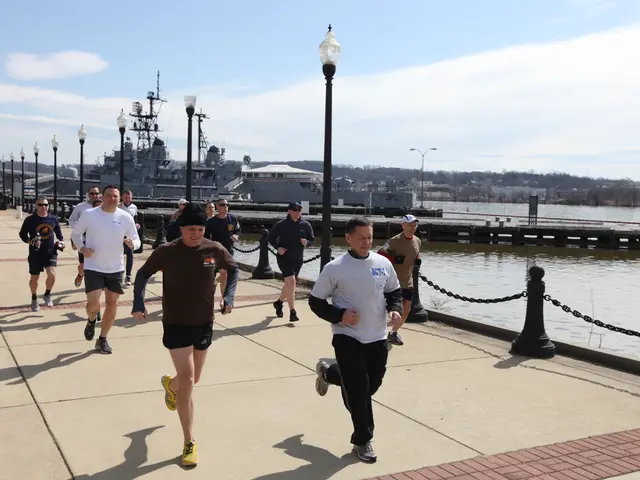COVID-19 Exacerbates Global Prison Issues, Disproportionately Affecting Women
The COVID-19 pandemic has exposed and exacerbated numerous issues within the global prison system, with women prisoners often overlooked and disproportionately affected. Overcrowding, lack of visitation rights, and inadequate healthcare have led to serious concerns about their well-being.
Worldwide, prisons and police stations are frequently overcrowded, amplifying the risk of COVID-19 contagion. Women, who make up between 2 and 10 percent of the incarcerated population, are often sidelined in gender-disaggregated data and news reports about the pandemic's impact on prisons. They face unique challenges, including a higher risk of sexual abuse and insults of a sexual nature, with reports of alleged suicides linked to institutional gender violence.
In Brazil, over 3,000 mothers and pregnant women remain imprisoned instead of serving under house arrest, despite a Supreme Court measure adopted in 2018. Those granted house arrest recently are primarily political prisoners or those involved in cases linked to political figures, with exceptions made due to health issues, age, or legal strategies acknowledging risks or humanitarian grounds. In the U.S., immigration detention centers have faced reports of medical neglect and enforced hysterectomies on women.
Women in prison receive fewer visits than men, leading to increased isolation, especially during COVID-19 restrictions. Many rely on visits for essential supplies like food, medicine, clothing, and menstrual and hygienic products. In Nigeria, only one woman out of 2,600 prisoners benefited from the government's program to release low-risk prisoners due to COVID-19. The majority of women in prison spend years in pre-trial detention or for minor offenses such as low-level drug crime, self-defense from gender violence, abortion, miscarriages, or political activism.
The pandemic has underscored the urgent need for reform in prison systems worldwide, with a particular focus on the unique challenges faced by women prisoners. Addressing overcrowding, improving healthcare, ensuring adequate visitation rights, and revisiting sentencing policies for minor offenses are crucial steps towards protecting and supporting this often-overlooked population.
Read also:
- American teenagers taking up farming roles previously filled by immigrants, a concept revisited from 1965's labor market shift.
- Weekly affairs in the German Federal Parliament (Bundestag)
- Landslide claims seven lives, injures six individuals while they work to restore a water channel in the northern region of Pakistan
- Escalating conflict in Sudan has prompted the United Nations to announce a critical gender crisis, highlighting the disproportionate impact of the ongoing violence on women and girls.






